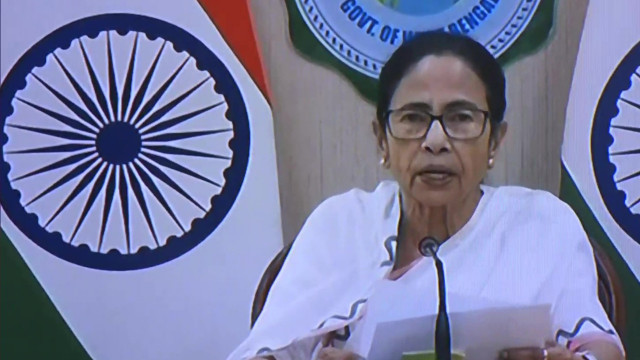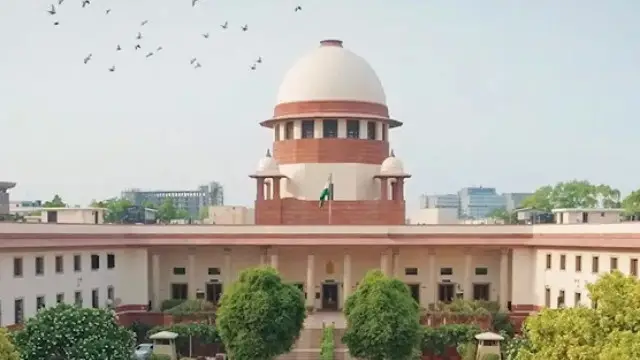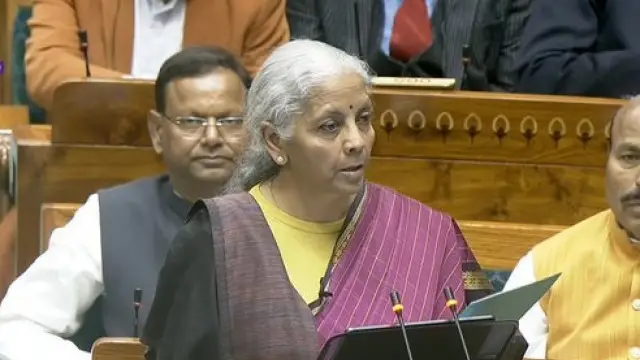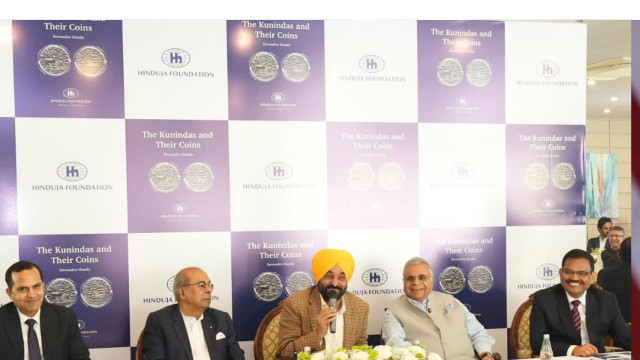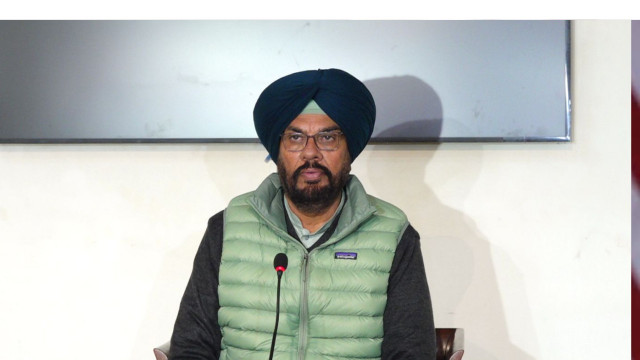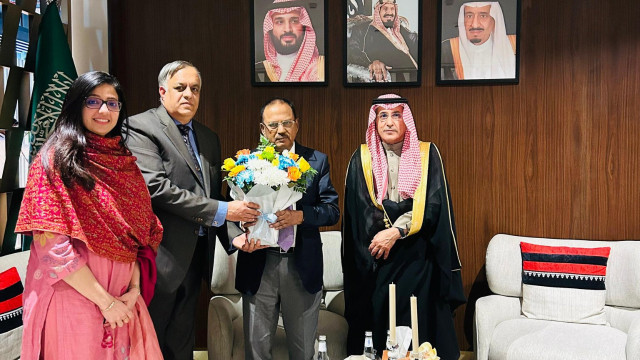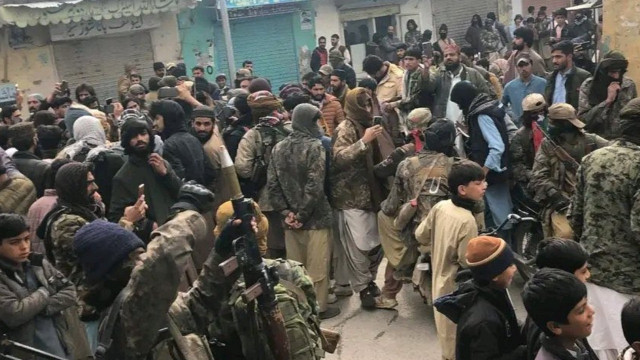Shubhanshu Shukla’s First Space Message Highlights Axiom-4 Adventure
Indian Air Force pilot and astronaut Shubhanshu Shukla made history by flying to the International Space Station (ISS) as part of the Axiom-4 mission.

Indian Air Force pilot and astronaut Group Captain Shubhanshu Shukla made history by arriving at the International Space Station (ISS) on the Axiom-4 mission. Launched earlier this week from Kennedy Space Center, Florida, this mission marks India’s bold return to human spaceflight after 41 years, following Rakesh Sharma’s pioneering trip in 1984. Shukla’s journey, supported by ISRO and NASA, has ignited national pride as he represents India’s growing space prowess.
First Words from Orbit
From the ISS, Shukla shared his first message, his voice crackling with excitement. Addressing his fellow citizens, he said, “Namaste, my dear India, this is an incredible adventure!” He described the sensation of microgravity, marveling at how objects and even his own body floated effortlessly. This broadcast, aired live, connected millions to his extraordinary experience.
A proud moment for Bharat! 🇮🇳
— Satya Kumar Yadav (@satyakumar_y) June 25, 2025
Congratulations to Group Captain Shubhanshu Shukla on becoming the second Indian to venture into space after 41 long years!
His first message from space:
“Namaskar mere pyare deshwasiyon. Kaafi saal baad, hum phir wapas antariksh mein pahunch gaye… pic.twitter.com/qCPLnjX3Xo
Role in the Axiom-4 Crew
Shukla is one of four astronauts on the Axiom-4 mission, a collaboration between SpaceX, NASA, and Axiom Space. Serving as pilot alongside Commander Peggy Whitson (US), Tibor Kapu (Hungary), and Slawosz Uznanski-Wisniewski (Poland), he plays a key role in navigating the Dragon spacecraft, which docked with the ISS earlier today at 4:30 PM IST. Over the 14-day mission, the crew will conduct 60 experiments, with Shukla leading seven focused on space nutrition and life support, contributing to India’s Gaganyaan program slated for 2027.
A Vision for the Future
Shukla’s mission heralds a new era for India’s space exploration, with plans for an indigenous space station by 2035. His rigorous training in Russia and the US, combined with his 2,000+ flying hours, has prepared him for this moment. As he adapts to life aboard the ISS, his insights will shape future missions, inspiring young Indians to reach for the stars and solidifying India’s place in the global space community.




